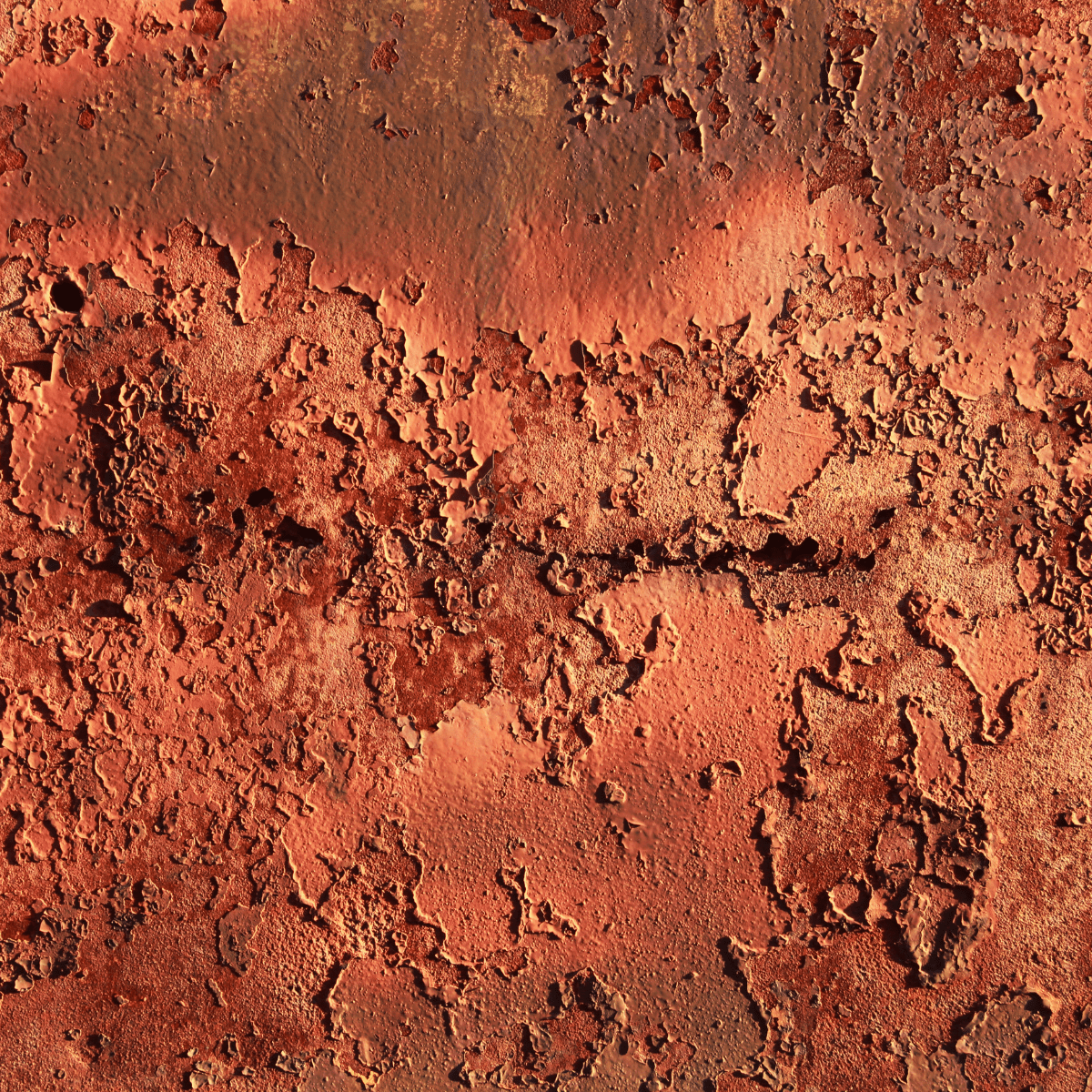Guardians of Metal: Understanding Corrosion Inhibitors for Water
Corrosion Inhibitor for Water
Protecting metal infrastructure from the relentless assault of corrosion is crucial in various industries. Water, often the culprit, can accelerate this process, leading to costly repairs and safety concerns. Thankfully, corrosion inhibitors stand as the first line of defense, safeguarding metal surfaces in water systems.
The Corrosion Threat:
Water, in its pure form, is relatively harmless to metals. However, dissolved minerals like oxygen, chlorides, and sulfates can turn it into a corrosive cocktail. This electrochemical reaction breaks down the metal, leading to:
- Rust formation: The most common example, seen on iron and steel surfaces.
- Pitting: Localized areas of intense corrosion, creating deep cavities.
- General thinning: Gradual decrease in metal thickness, weakening the structure.
The Inhibitor’s Role:
Corrosion inhibitors act as a protective shield, employing various mechanisms to hinder the corrosion process. They can be broadly categorized into:
- Anodic inhibitors: Form a thin film on the metal surface, hindering the oxidation process that initiates corrosion.
- Cathodic inhibitors: Reduce the availability of dissolved oxygen or other electron acceptors at the metal surface, slowing down the overall corrosion rate.
- Film-forming inhibitors: Create a physical barrier between the metal and the corrosive water, preventing direct contact.
Scale and Corrosion Inhibition: A Combined Approach:
While corrosion inhibitors primarily target the breakdown of metal, scale inhibitors address another water-related threat: the buildup of mineral deposits. These deposits can restrict water flow, reduce heat transfer efficiency, and exacerbate corrosion.
Some water treatment solutions combine both functionalities, offering scale and corrosion inhibitors in a single product. These comprehensive solutions simplify treatment regimes and provide holistic protection for water systems.
Choosing the Right Inhibitor:
Selecting the most effective corrosion inhibitor depends on various factors like:
- Water chemistry: The specific minerals and their concentrations in the water.
- Metal type: Different metals respond better to specific inhibitor types.
- System operating conditions: Temperature, pressure, and flow rate can influence inhibitor effectiveness.
Choosing the right corrosion inhibitor can be complex. That’s why consulting a water treatment specialist is crucial for selecting the most suitable corrosion inhibitor for your specific application. At ChemREADY we understand the threats posed by corrosion as well as the protective power of inhibitors, so we can ensure the longevity and integrity of the metal infrastructure in our customers water systems. Visit our website to learn more or contact sales@zinkan.com to discuss your specific application.
You might also be interested in reading another one of our blog posts called, What are Corrosion Inhibitors in Water Treatment.
About The Author
Nick Piskura is the Marketing and Web Development Specialist at ChemREADY who utilizes expertise in digital marketing strategies to provide knowledgeable insights in each segment of our business. Nick provides insights through web development and multimedia resources that support ChemREADY’s full range of services, including Legionella management, ANSI/AAMI ST108 compliance, boiler and cooling tower treatment, wastewater processing, and industrial water quality solutions.

